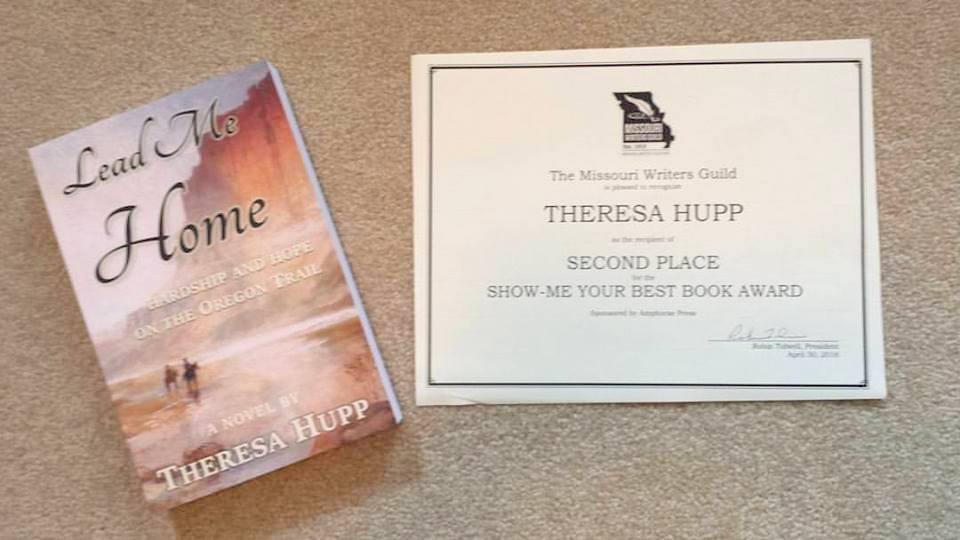 The Missouri Writers Guild annual conference hasn’t been in Kansas City for a number of years, so I was delighted to attend this past weekend. I hoped for inspiration to keep writing and for tips to help me improve my craft and market my work more effectively. The MWG conference wasn’t the best I have attended, but it was very good. And I couldn’t beat the location—a hotel fifteen minutes from my home!
The Missouri Writers Guild annual conference hasn’t been in Kansas City for a number of years, so I was delighted to attend this past weekend. I hoped for inspiration to keep writing and for tips to help me improve my craft and market my work more effectively. The MWG conference wasn’t the best I have attended, but it was very good. And I couldn’t beat the location—a hotel fifteen minutes from my home!
In one session, two best-selling authors talked about their experiences with both self-publishing and publishing through big New York houses. While they acquired their best-seller” status through traditional publishing, they stated bluntly that self-publishing allows authors to make more money and retain more control of their work. Because I am self-published, this was good news to me.
I also attended two breakout sessions with Terry Allen, one on Dramatic Action and the other on Dramatic Dialogue. Mr. Allen has taught acting, directing, and playwriting, and he used examples from plays and movie scripts to show writers how to develop their characters by showing them in action and through effective dialogue. I’ve heard Mr. Allen speak before, and even though some of his material was a repeat for me, it was well worth hearing again. He’s an excellent presenter with interesting material.
And best of all—my novel, Lead Me Home, won second place in the Missouri Writers Guild “Show Me” Best Book contest!

Here are a few of my main take-aways from the conference. I’m not attributing these to any particular speaker, because I’ve condensed many of these from points several speakers made.
On the craft of writing:
- Plot is just a series of actions, but story has meaning—go beyond the action to show the reader through characters and metaphors what your story means. Write lives, not obituaries.
- Every plot has been told before. Your story is unique because of the characters’ specific motivations and how they think and feel about what is happening to them.
- From the very first page of your book, the setting should come alive. Use specific details to make this happen; you don’t have to have lengthy descriptions.
- Dialogue is more than chit-chat; it is characters talking to get what they want. All characters need something in every scene, even if it isn’t expressed.
- Don’t just describe your characters—show them in action. Your characters will understood more clearly through what they do than through descriptions of how they look or even through what they say. (Readers will believe your characters’ actions more than their words.)
On the business of publishing:
- Remember that publishing is a business. You need to know your break-even point. How many copies do you need to sell for your publisher to break even? (And for you to break even, if you are self-publishing.)
- Writers need to be involved in all stages of publishing their book—product development (editing), design and production (cover and internal design), marketing and promotion, and sales and distribution. You can’t stop with writing the book.
On staying motivated:
- The universe wants us to succeed. We will receive help if we are willing to collaborate.
- Writing takes commitment and time, but it can be fun.
- If we are willing to not be perfect, we can improve.
- Don’t give up when things get hard.
I’ve heard all these motivational points before. And I know I’ll hear them again. I will most likely need to hear them again. Because we all need help in staying motivated.
Writers, where do you find inspiration?
